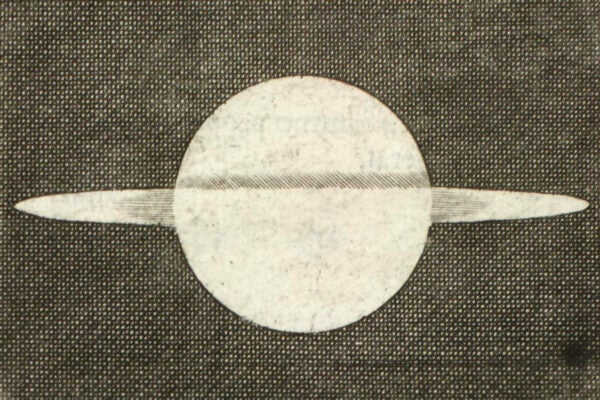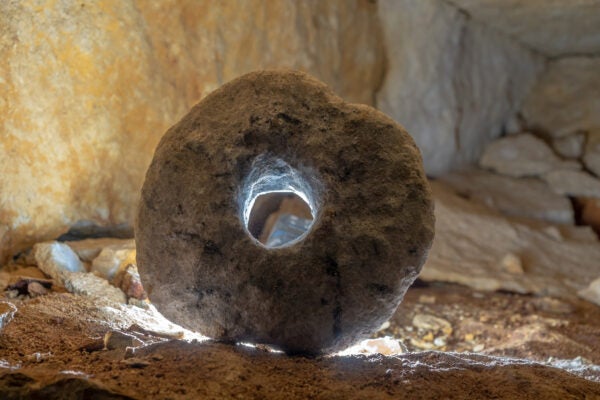Tyler S. Sprague on the Intersection of Structure and Design
An interview with Tyler S. Sprague, a historian of the built environment whose work depends on multidisciplinarity and a deep knowledge of structure and materials.
The Rise and Fall of the Equestrian Cultures of the Plains
The introduction of the horse to North America by the Spanish transformed the lives of the Indigenous peoples of the Plains in decidedly mixed ways.
The Indonesian Frontier Town Named for a Jungle Vampire
The city of Pontianak is notable for sharing its name with a vengeful folkloric revenant known by various monikers across the Malay Archipelago.
German Song in America
In the late 1800s, German American singing festivals united German immigrant communities and brought new kinds of cultural activities to the United States.
Christiaan Huygens and the Scientific Secrets of Saturn
Seventeenth-century science was so competitive that Christiaan Huygens used a cipher to conceal his Saturn observations when sharing them with interlocutors.
How Was the Wheel Invented?
Computer simulations reveal the unlikely birth of a world-changing technology nearly 6,000 years ago.
Celebrating the Fourth of July
Take a moment to contemplate the history and complexity of Independence Day, American Style.
Pan-Asianism Redux, or Why We Think Japan Is Special
Observers have long hailed Japan’s aptitude for cultural synthesis. Is this characterization warranted, or does it reflect a collective fantasy about exceptionalism?
Disinhibition, Memories of Texas, and the Big Bang
Well-researched stories from Public Books, The Conversation, and other great publications that bridge the gap between news and scholarship.
Copenhagen: Bike City from Back in the Day
How did Copenhagen become a “city of cyclists,” where a third of all journeys are by bicycle?









